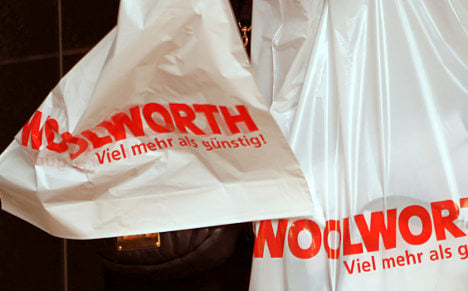The Saarbrücker Zeitung reported on Wednesday that the parliamentary party was preparing a draft law which would impose a 22-cent “environmental price” on plastic shopping bags. The intention is to introduce the proposal into the draft recycling law which the lower house of parliament is set to decide upon this Friday.
“There are environmentally sustainable alternatives such as cloth bags and shopping baskets available, the use of which we want to promote,” Dorothea Steiner, Green MP and the party’s environment spokeswoman told the paper.
She said the party was clear in taking the Irish example as a model – a huge reduction in plastic bag was been achieved overnight when a 15-cent levy was imposed in 2002. The Irish government says on a website that the previously estimated 328 bags used per person per year was reduced to 21 almost overnight.
As this figure slowly crept up, reaching 31 per person in 2006, the levy was increased to 22 cent in 2007 with the aim of bringing plastic bag consumption down to 21 or less.
The Local/hc



 Please whitelist us to continue reading.
Please whitelist us to continue reading.
Member comments